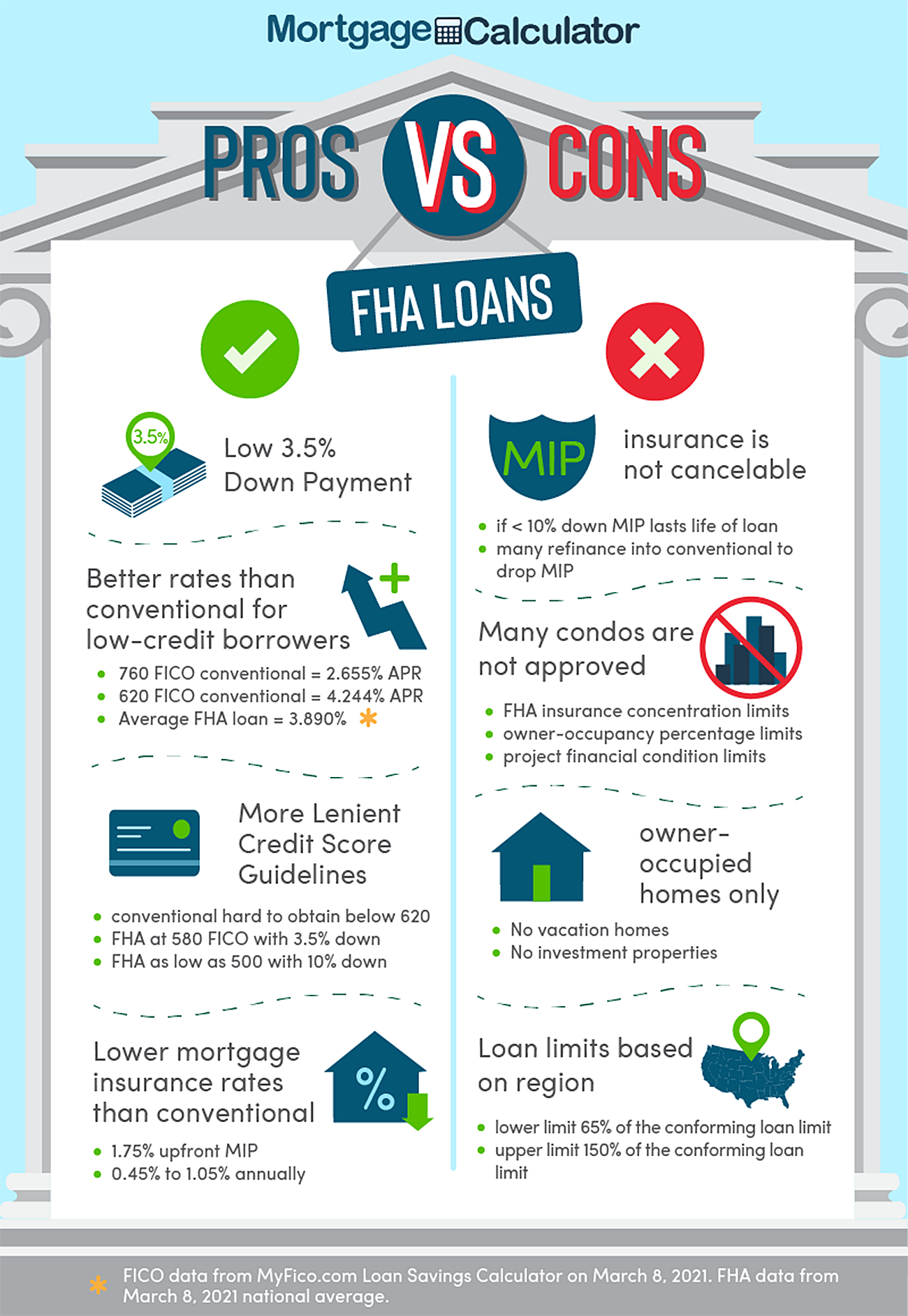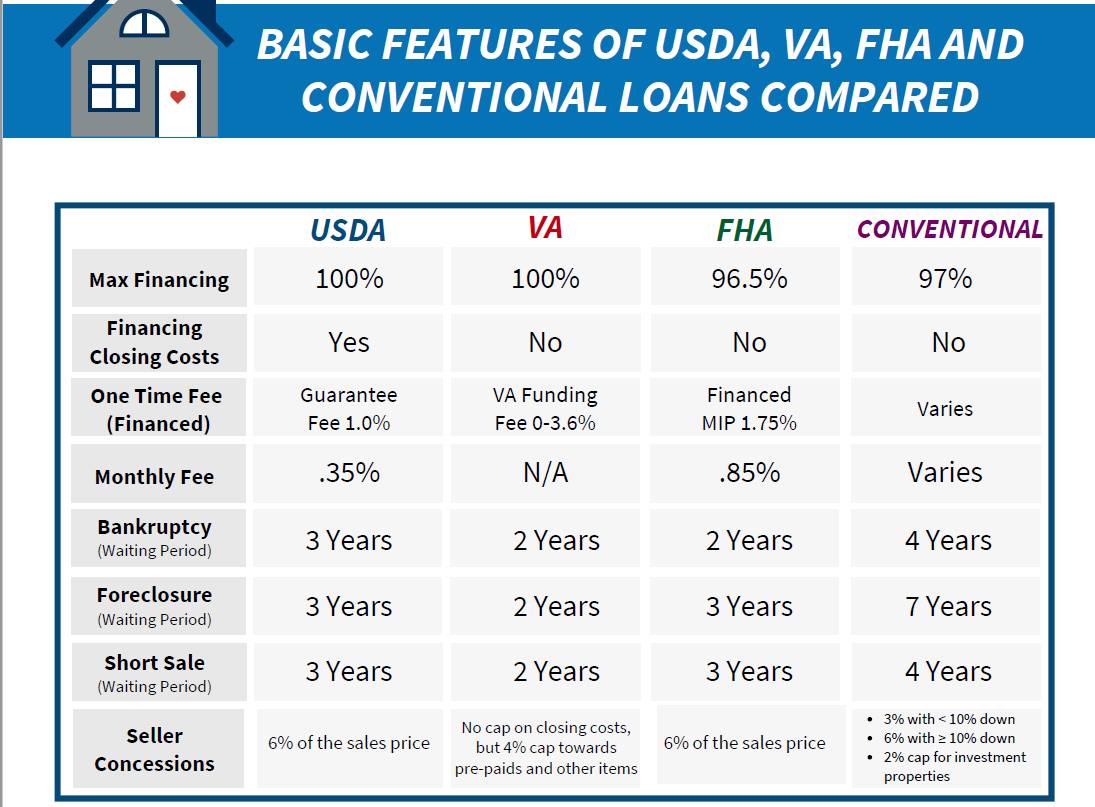Exactly How FHA Home Loans Make Homeownership More Available
Exactly How FHA Home Loans Make Homeownership More Available
Blog Article
Home Lendings Demystified: A Detailed Evaluation of Lending Programs Tailored to Fit Your Monetary Scenario and Objectives
Navigating the landscape of home fundings commonly offers a challenging difficulty, worsened by a myriad of programs created to satisfy diverse economic requirements. Comprehending the distinctions between adjustable-rate and fixed-rate home loans, as well as government-backed choices like FHA and VA loans, is crucial for making informed decisions.
Understanding Home Mortgage Basics
Although several individuals aim to homeownership, comprehending the basics of home mortgage is crucial to making notified financial choices. A mortgage, additionally understood as a mortgage, is a financial item that enables individuals to obtain money to purchase realty. The borrower is needed to repay the finance quantity, in addition to rate of interest, over a collection period, normally varying from 15 to thirty years.
Secret parts of home fundings consist of the principal, which is the quantity borrowed, and the rates of interest, which determines the cost of borrowing. Lenders analyze numerous elements, such as credit score, earnings, and debt-to-income ratio, to identify qualification and lending terms. Additionally, customers must understand the significance of deposits, which can influence finance approval and affect monthly payments.
Recognizing car loan amortization is additionally crucial; this refers to the gradual reduction of the loan balance with time with normal repayments. By comprehending these essential concepts, potential home owners can navigate the home mortgage landscape a lot more properly, ultimately causing much better economic results and a more effective home-buying experience.
Kinds of Home Loan
Home mortgage car loans can mainly be categorized into fixed-rate and adjustable-rate home loans (ARMs) Fixed-rate mortgages provide a regular interest rate and regular monthly repayment over the loan's term, giving security, frequently for 15 to 30 years.
On The Other Hand, ARMs have rate of interest that change based on market problems, generally starting less than fixed-rate options. Nevertheless, these prices can adjust periodically, possibly boosting month-to-month payments with time. Debtors that anticipate refinancing or moving prior to substantial price modifications may find ARMs beneficial.
Additionally, government-backed loans, such as FHA, VA, and USDA car loans, satisfy specific demographics and use numerous benefits like reduced down payments and versatile credit rating needs. Standard finances, not guaranteed by the federal government, often need higher credit history but can supply competitive rates for solvent customers - FHA home loans. Recognizing these car loan types allows possible homeowners to pick the mortgage that straightens finest with their economic situation and lasting objectives
Secret Qualification Demands
Browsing the eligibility needs for a home mortgage funding is an essential action in the home-buying procedure. Understanding these requirements can dramatically simplify your application and enhance your opportunities of authorization.
The key variables influencing eligibility consist of credit rating, revenue stability, debt-to-income (DTI) ratio, work background, and deposit quantity. A lot of loan providers call for a minimal credit report of 620 for standard lendings, while government-backed fundings might have extra lax criteria. A secure income, showed with regular work or self-employment records, is crucial for loan providers to analyze your ability to pay back the funding.
The DTI proportion, which compares your monthly financial obligation repayments to your gross month-to-month revenue, typically should not surpass 43%, though some lending institutions might allow higher proportions in certain conditions. Furthermore, the dimension article of your down payment can affect eligibility; while a larger down settlement might improve your chances, specific programs supply choices for very little down settlements.
Lastly, lenders will certainly evaluate your total monetary account, including readily available assets and responsibilities, to guarantee you are monetarily qualified of maintaining homeownership. Familiarizing yourself with these crucial qualification demands will equip you in the home mortgage application trip.

Rate Of Interest Described
Understanding the ins and outs of rate of interest is fundamental to making educated decisions in the mortgage process. Rates of interest stand for the price of obtaining money and are expressed as a portion of the finance amount. They can considerably influence your month-to-month mortgage settlements and the overall price of your home mortgage.
Rates of interest can be classified into fixed and adjustable rates. Fixed rates continue to be constant throughout the funding term, giving predictability in month-to-month payments. Alternatively, adjustable rates rise and fall based upon market conditions, which can cause reduced preliminary repayments yet may increase over time.
Numerous variables affect rates of interest, consisting of the debtor's credit report, financing term, and prevailing financial problems. Lenders examine these factors to establish the risk related to offering to a specific borrower. Generally, a greater credit report can lead to lower rates of interest, while longer funding terms might lead to greater prices.
Furthermore, more comprehensive economic signs, such as rising cost of living and monetary policy, play a crucial role fit rate of interest. Comprehending these elements permits borrowers to much better navigate the loaning landscape and choose choices that straighten with their financial objectives.
Selecting the Right Lending Program
Picking the ideal funding program is vital for debtors intending to optimize their financing alternatives. With numerous funding types offered, including fixed-rate, adjustable-rate, FHA, and VA car loans, recognizing the nuances of each can dramatically affect long-term financial wellness.
Consumers should first analyze their economic situation, consisting of credit report, revenue stability, and debt-to-income proportions (FHA home loans). A fixed-rate home loan supplies predictability with constant regular monthly repayments, perfect for those preparing to remain in their homes long-term. On the various other hand, adjustable-rate home mortgages might give reduced preliminary prices, appealing to customers who expect transferring within a few years
In addition, government-backed lendings such as FHA and VA options can be useful for first-time homebuyers or veterans, as they often call for reduced down repayments and have much more lenient credit demands.

Conclusion
Finally, navigating the intricacies of home mortgage needs a thorough understanding of different home loan programs and their unique attributes. By examining specific economic situations and objectives, prospective consumers can make informed decisions pertaining to the most appropriate funding options. Engaging with a mortgage advisor can better facilitate this process, making certain alignment in between individual circumstances and available funding programs. Ultimately, informed choices in home financing can result in improved monetary security and lasting contentment.
Fixed-rate home loans supply a consistent interest rate and monthly repayment over the car loan's term, providing stability, commonly for 15 to 30 years.Furthermore, government-backed loans, such as FHA, VA, and USDA fundings, provide to certain demographics and supply various benefits like reduced down payments and flexible credit rating requirements. Many lenders need a minimum credit history score of 620 for standard loans, while government-backed lendings may have extra lenient criteria. Taken care of prices stay continuous throughout the financing term, offering predictability in monthly repayments. Normally, a greater credit rating score can lead to reduced interest prices, while longer financing terms may result in greater rates.
Report this page